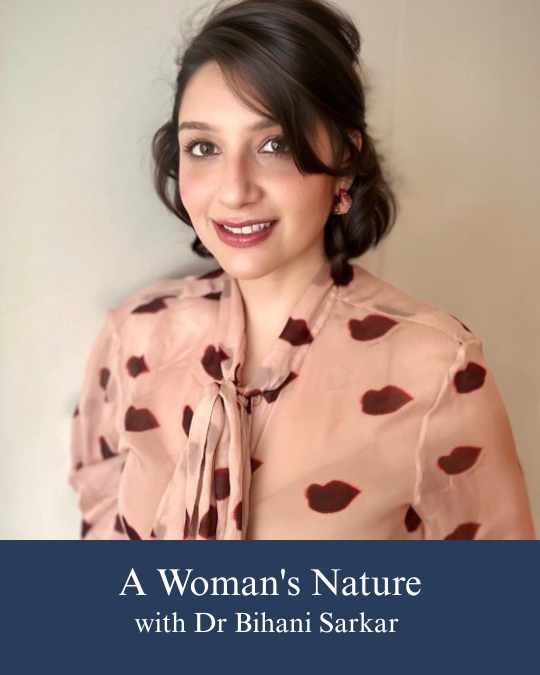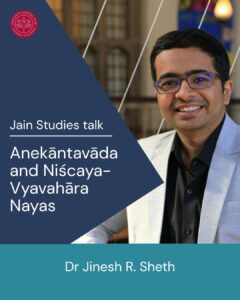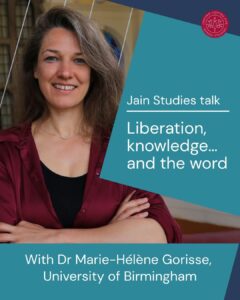A Woman’s Nature I: Tapasyā, resistance and heroism in the Kumārasambhava
Week 5, Tuesday 11 November 2.00-3.00, OCHS Library
Dr Bihani Sarkar
The first part of this two part lecture argues that Pārvatī’s vrata in the Kumārasambhava— penance Kālidāsa describes in lavish and sympathetic detail in Chapter 5 of this epic poem– is a form of protest against the failings of masculine, paternalist orders formerly controlling her. These are the kingdom and hierarchies of conspiring male gods and ascetics, which, under threat from the demon Tāraka, had previously plotted to preserve its status, by using her as a pawn to tempt Śiva. Drawing a parallel in Ambā in the Mahābhārata, a female ascetic like Pārvatī, I will show that, in its very nature and the way in which it was aroused, Pārvatī’s penance (tapasyā) is antinomian, a protest against the devas. Though reductivist interpretations may claim that her tapasyā is conventional in its intention of winning Śiva, a male god, the lecture argues that it is in fact both an act of heroism and an act of love, arising from an awakening of individual will.
A Woman’s Nature II: Śṛṅgāra (passion) and Self-Awareness in the Kumārasambhava
Week 5, Thursday 13 November 2.00-3.00, OCHS Library
Dr Bihani Sarkar
The second part of this lecture, focuses on chapter 8 of the Kumārasambhava, the (in)famous love-making between Śiva and Pārvatī, to argue that Pārvatī’s erotic awakening in this chapter forms part of the larger narrative in the poem of her growing self-awareness. Kālidāsa, the poet of the Kumārasambhava, intends this chapter as a complement to the one portraying her tapasyā, showcasing twin and apparently divided aspects of Pārvatī as the heroic dharmavijayinī, ‘victor of Dharma’, of the poem. In so doing, he portrays a ‘hero’ who accomplishes both ascetic and erotic self-awareness, an integration made possible only in a goddess who quests for love. The lecture draws parallels from the Buddhacarita, a precedent to the Kumārasambhava, whose hero, the Buddha, Pārvatī both resonates with and also moves away from in significant ways, to demonstrate a different, world-embracing idea of Dharma.
Bihani Sarkar is a historian of early Indian politics, religions and literature (poetry and drama) between the 2nd and the 15th centuries CE. She works mainly with classical Sanskrit and some Middle Indic (Prakrit) sources. She also draws from Bengali, her mother tongue. She has taught and has research interests across Indian philosophy and religions, including Hinduism, Buddhism, and South Asian Islam. Her current research and teaching interests include the Goddess in Indian religion; Sanskrit poetry and drama; classical Indian aesthetics; North Indian classical music; comparative literary theory; gender, transgression and power in early Indian literature and religions; sacred narrative and history; madness, knowledge and kingship.




